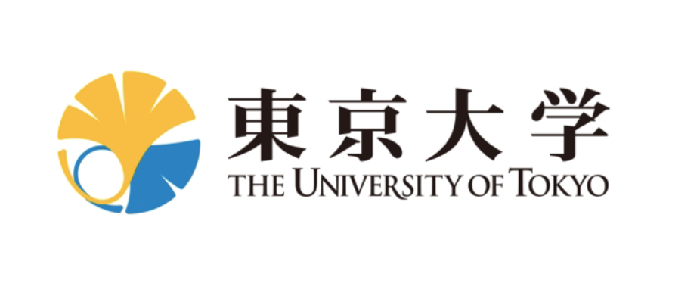Table of Contents
History
The origins of the University of Tokyo go all the way back to the Meiji era, when the ruling government saw fit to establish a centralized university by merging various specialized schools in the region of Tokyo, to offer higher education through a single unified institution.
Since then the institution has continued to serve it’s country across changing times, through imperial reforms, nationwide fires and even 2 World Wars were all faced and survived by the institution who has kept it’s name and prestige since conception.
In the present day the University of Tokyo is one of the pillars of education in Japan and has been the recipient of various reforms and additional founding to make it one of the most internationally competitive institutions in the region.
Programs Offered
With 10 different faculties under it’s belt, it shouldn’t come as any surprise that the selection of undergraduate courses at the University of Tokyo is immense, as such it is recommended that interested students make a refined search at the university’s website which includes their areas of interest and desired language, so as to avoid getting overwhelmed, nonetheless the following list offers a small view at the full catalog the university has to offer:
- Mathematical Sciences
- Exercise an Health Sciences
- Spanish Language
- Symbolic Logic
- Sports and Fitness Exercise
- Space Science
- Natural Sciences
- Physics
- Economics
- Philosophy
- History
- Human Behavioral Sciences
Admission requirements
When choosing the University of Tokyo it’s important to know whether you’ll be applying for an English Language course, or a Japanese one, regardless of when choosing either students must show proof their proficiency in the language.
Aside from that the main factor when it comes to admission at the institution is the university’s entrance exam, which all prospective students are expected to present.
Student Life
The University of Tokyo has a campus life as varied and colorful as it’s student body, with youths from all over the world interacting in over 450 unique student organizations that range from the sports, to the arts, to all other sort of varied passions and hobbies.
The campus itself is also close to a variety of public parks and other public facilities like pools, meaning that even off-campus the wide selection of activities available for students remains as abundant.
Part-time work
Through it’s Student Support Division the University of Tokyo is committed to helping it’s student body in the process of job hunting, listings are posted in a bulletin board, and the school will directly issue letters of reference for the potential employer.
Due to this close and personal tie between the employer and the institution, while work might be easier to find, it can also affect school life more directly, and any issues with a student’s performance at work can be directly mentioned to the school.
Fees
Undergraduate students at the University of Tokyo pay an annual Tuition Fee of ¥535,800, with the exception of those enrolling to the School of Law, where costs rise to ¥804,000.
However those students who have managed to receive a scholarship directly from the Japanese Government don’t need to pay a Tuition Fee and there are certain circumstances that can lead to the university not enforcing other fees.
Ranking
The University of Tokyo is currently ranked as the 69th best college level institution in the world, which makes it the number one best university in it’s home country of Japan.
University Contact
Address: 7 Chome-3-1 Hongo, Bunkyo City, Tokyo 113-8654, Japan
Phone: 03-5841-3108, 3109
Email: [email protected]
Summary
The University of Tokyo is an institution at it’s home country, and with the proper scholarship backing can be way more affordable for local students than one would assume at first glance, while an entrance examination can feel daunting, it is meant to be fair to all students, and interested students can research on it beforehand to improve their chances, with proper organization and dedication entrance at the University of Tokyo might be more possible than many imagine.

